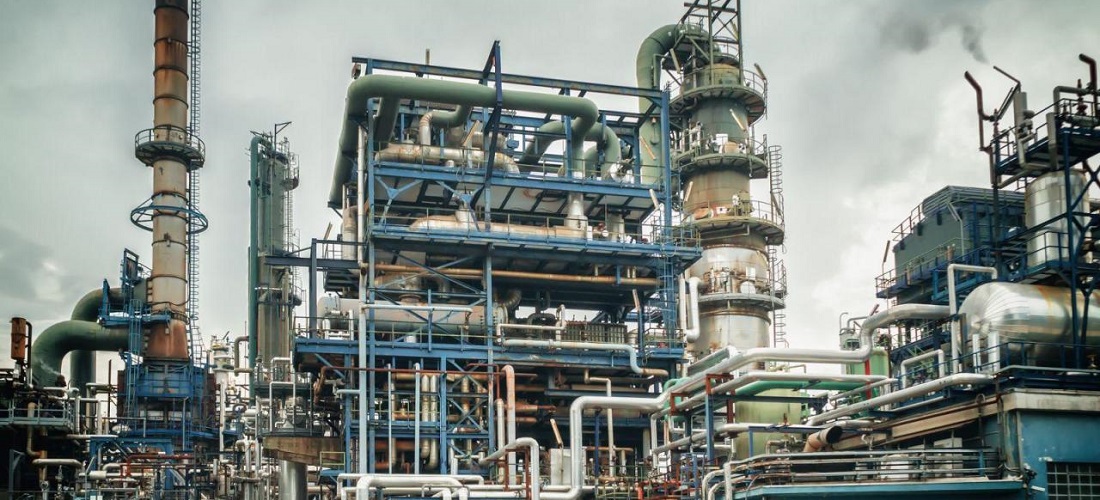
Trade Deficit in Chemicals Reaches $35.8 Billion by September
Oct, 26, 2023 Posted by Gabriel MalheirosWeek 202343
Despite global deflationary trends in the chemical sector, data from the Brazilian Chemical Industry Association (Abiquim) reveals a noteworthy trade deficit of $35.8 billion for chemical products in the period spanning January to September. This figure surpasses the annual negative balance recorded in all previous years, with the exception of the record deficits of $64 billion in 2022 and $46.2 billion in 2021.
The year 2023 is projected to witness the second-largest deficit in history, estimated at $48 billion. This disheartening outcome can be attributed primarily to the persistent surge in import volumes. The negative balance accumulated through September is a result of imports totaling $46.7 billion, starkly contrasting with exports amounting to $10.9 billion.
Abiquim reports that in the past three months, the volume of imported chemical products exceeded 5 million tons, an alarming situation characterized by predatory and unfair acquisition practices. The lion’s share of these imports originates from Asia, capitalizing on the plummeting prices of petrochemical raw materials due to the ongoing Eastern European conflict.
During the first nine months of the year, there was a substantial increase in the import volumes of various chemical products, with notable growth rates: plasticizers (76.6%), thermoplastic resins (18%), basic petrochemical products (12.3%), chemical intermediaries for detergents (6.7%), and other industrial chemical products (14.4%).
In stark contrast, exports have displayed a steady trajectory since the year’s outset, maintaining an average sales figure of $1.3 billion. This corresponds to shipments of 1.2 million tons.
Fátima Giovanna Coviello Ferreira, the Director of Economics and Statistics at Abiquim, underscores the global geopolitical tensions as a root cause for this anomaly in import surges of chemical products, originating from Asian countries. These imports maintain a competitive edge due to artificially sustained competitiveness in inputs, such as natural gas and energy, as well as Russian raw materials. Notably, China has become the primary destination for Russian oil and gas exports.
Ferreira emphasizes that “overcoming this particularly critical juncture for the sector necessitates a set of pragmatic, high-impact actions in the short term, pertaining to equitable access to raw materials and energy inputs, akin to the conditions enjoyed by the world’s leading players.”
For the industry to regain its footing, these measures need to be complemented by high-priority policies on the foreign trade agenda. This should include an immediate cessation of the unilateral 10% reduction in the import tax rate on chemical products, unilaterally implemented by the nation.
Additionally, Ferreira advocates for the implementation of a “List of Temporary Increases to the Common External Tariff of Mercosur,” encompassing those chemical products most severely impacted by an atypical surge of over 60% in import volumes, coupled with price reductions exceeding 30%. This occurrence stands in stark contrast to other source markets.
-
Ports and Terminals
Jun, 04, 2020
0
First Codesa concession auction due to be held in 2021
-
Vessel Calls
Aug, 11, 2022
0
Container vessel calls at Brazilian ports fall 4.11% in July year-on-year
-
Meat
Sep, 01, 2021
0
Problems in maritime transport affect meat exports from Mercosur
-
Meat
Feb, 21, 2024
0
Work slowdown by Brazilian auditors leads to cargo backlogs at border crossings

